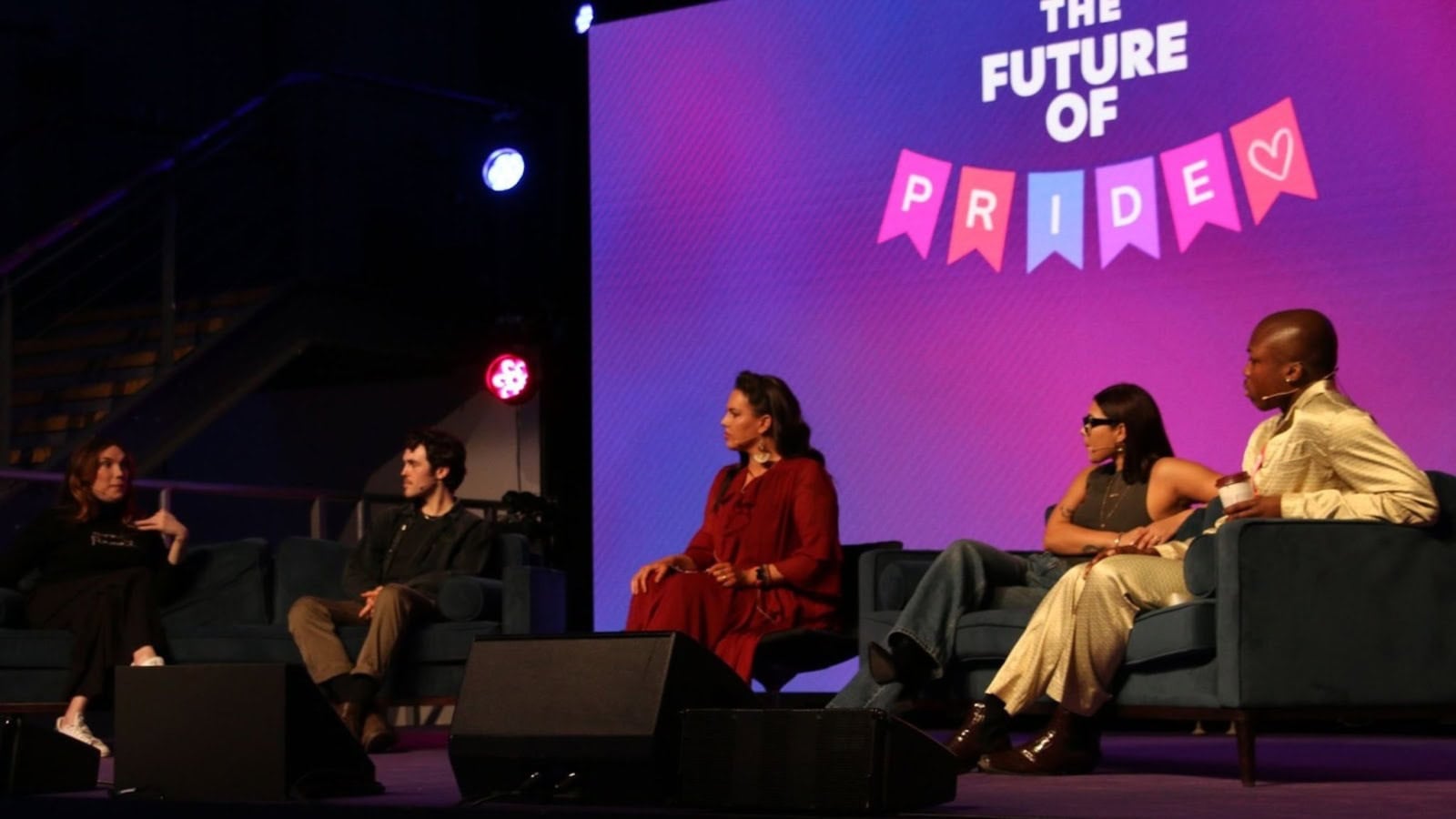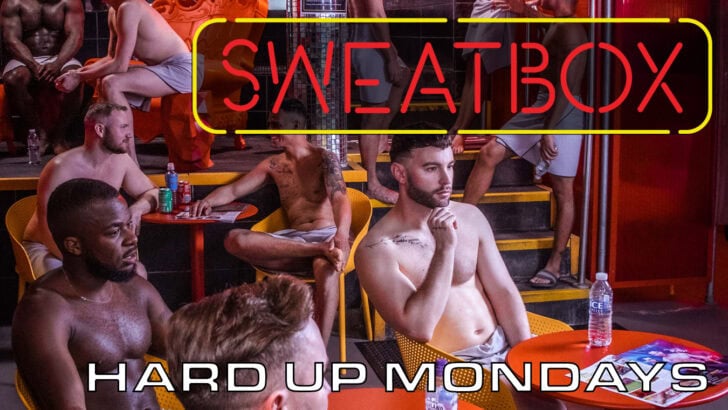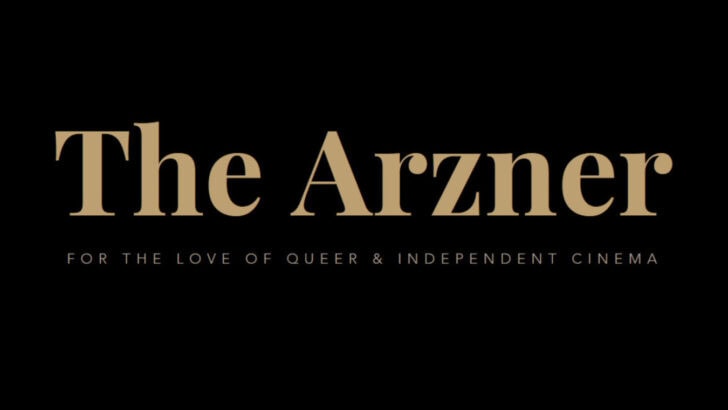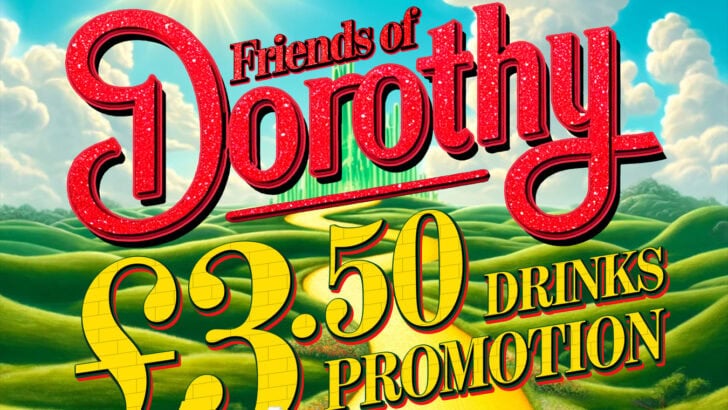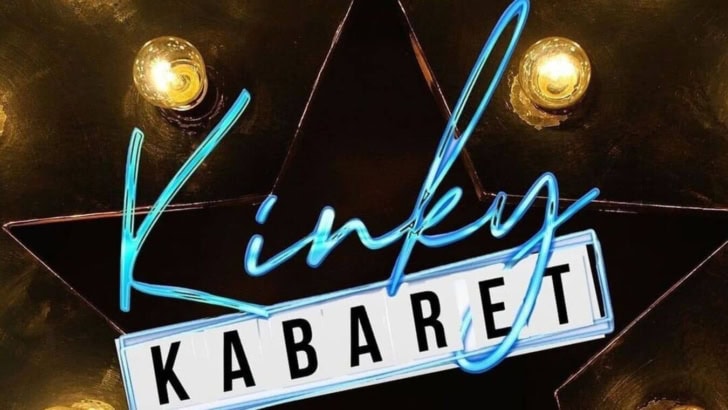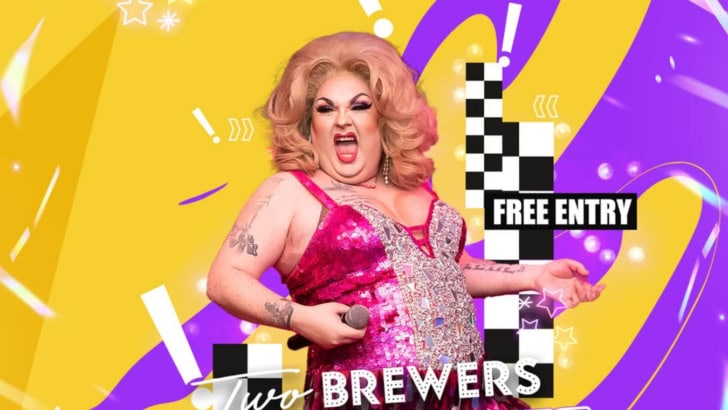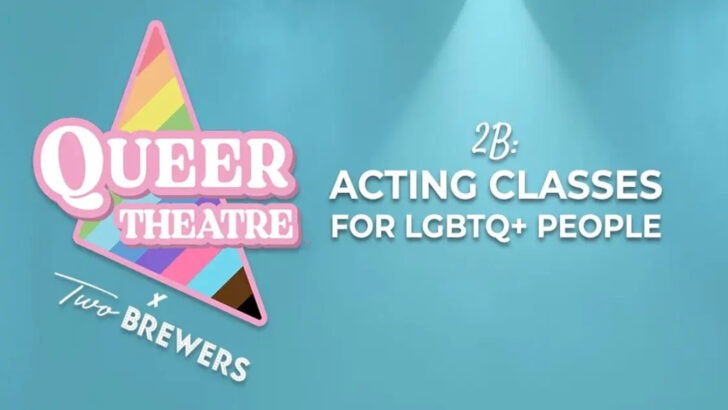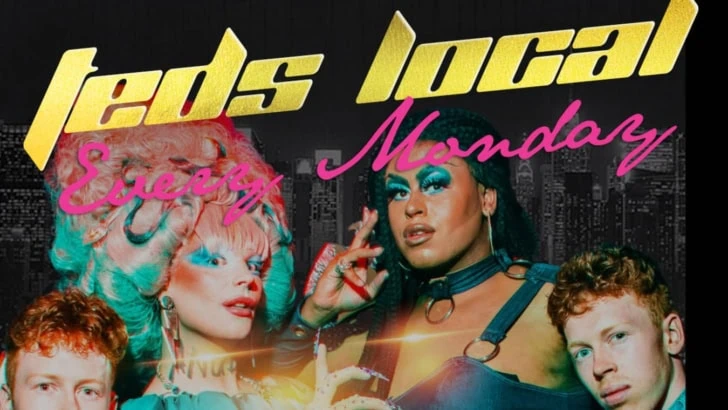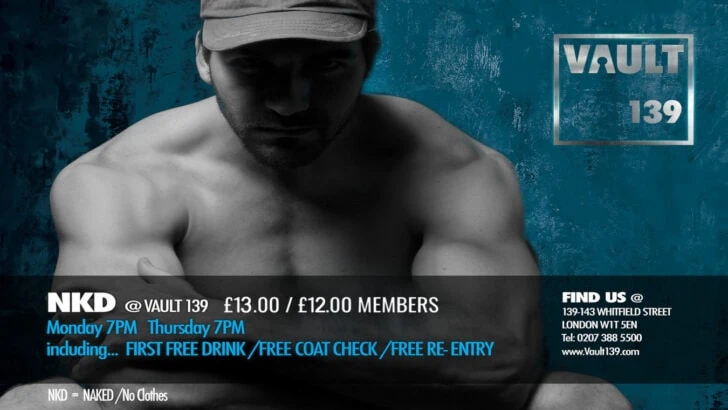On Saturday 1 March 2025, National Student Pride commemorated its 20th anniversary with a significant mainstage panel titled “Queer Question Time: The Future of Pride.” The event was hosted by Natasha Devon MBE, an activist, author, and speaker, and featured an impressive lineup of panelists including Misia Butler (actor), Juno Dawson (author and activist), Benjy Kusi (author, inclusion consultant, and content creator), and Milena Sanchez (singer-songwriter, podcaster, and author). This gathering marked the UK’s largest LGBTQ+ student event, providing a platform to address the pressing challenges faced by our community, social media, and where Pride is going next.
Challenges ahead for the future of Pride
Natasha Devon opened the conversation by addressing the anticipated challenges for the LGBTQ+ community in 2025, particularly under the spectre of Donald Trump’s re-election, the rollback of DEI (Diversity, Equity, and Inclusion) initiatives, and the subsequent effects on British companies. The ongoing struggles highlighted the urgent need for allyship and advocacy within these contexts.
Juno Dawson shared historical insights, emphasizing that, “at times of political and economic unrest, fascism breeds,” and critiqued corporate engagement with the LGBTQ+ community, stating that corporations have “never been an ally to queer people.” She further articulated the dire climate for queer individuals as the “middle of a perfect storm of shit where it is so much easier to blame a twink with pronouns.”
Representation and power dynamics
The panelists discussed the privilege and disconnection of decision-makers who may not understand the LGBTQ+ lived experience. Milena Sanchez pointed out the hypocrisy in this dynamic, while Misia Butler addressed representation in the TV and film industries. Butler noted the disparity in creative control, stating that although diverse representation is visible, “everyone behind the camera was a cis, white man.” Juno Dawson raised how there are no trans people with the equivalent power of “Russell T Davies in Hollywood”, asking, “who is going to create spaces for us in the industry”.
Natasha Devon cautioned that representation without corresponding power can lead to negative repercussions for the community, stating, “When you have representation without power underneath, you give them a stick to beat us with.”
Navigating social media’s impact
The discussion turned to the complexities of social media, as all panelists acknowledged their reliance on these platforms. Benjy Kusi commented on his work with TikTok to promote online safety, noting the challenges that come with being a visibly queer person online. Milena Sanchez shared her personal experiences with social media backlash, explaining that she deletes numerous hateful comments daily while striving to maintain a safe and educational platform.
“They want us to be constantly plugged into a negative stream of messages.”
Juno Dawson on social media
Juno Dawson characterised social media as a weapon designed to perpetuate fear. She suggested that a potential future for Pride could be moving away from these platforms, humorously referencing that “Princess Leia was not on LinkedIn, the Jedi were not on Instagram!” Meanwhile, Misia Butler stressed the importance of filtering out online hate, proposing that it is crucial to recognise that such vitriol is not a normative experience. Natasha Devon echoed this sentiment, uplifting the role of digital self-care through organisations like Glitch charity.
Visions for the future of Pride
In closing, Natasha Devon asked each panelist to share their vision for the future of Pride. Benjy Kusi called for collective action, emphasizing the importance of leveraging one’s influence to set a better trajectory. Milena Sanchez encouraged authentic celebrations of individuality, envisioning a future of Pride rooted in being one’s “true authentic self.” Misia Butler articulated that the essence of Pride lies in intersectionality, community, and connection, fostering joy among diverse groups. Finally, Juno Dawson posited that the future is in grassroots endeavours, raising an essential query about the desire of younger generations for events like National Student Pride and the sustainability of larger celebrations in the coming years.
“in another 10 years will there be a London Pride?”
Juno Dawson on grassroots Pride
The 20th Anniversary of National Student Pride not only celebrated the past but also opened critical dialogues on the future of the LGBTQ+ movement amidst a rapidly changing social landscape. The insights shared by the panelists served as a clarion call for continued activism, community building, and fostering true representation and power dynamics.
